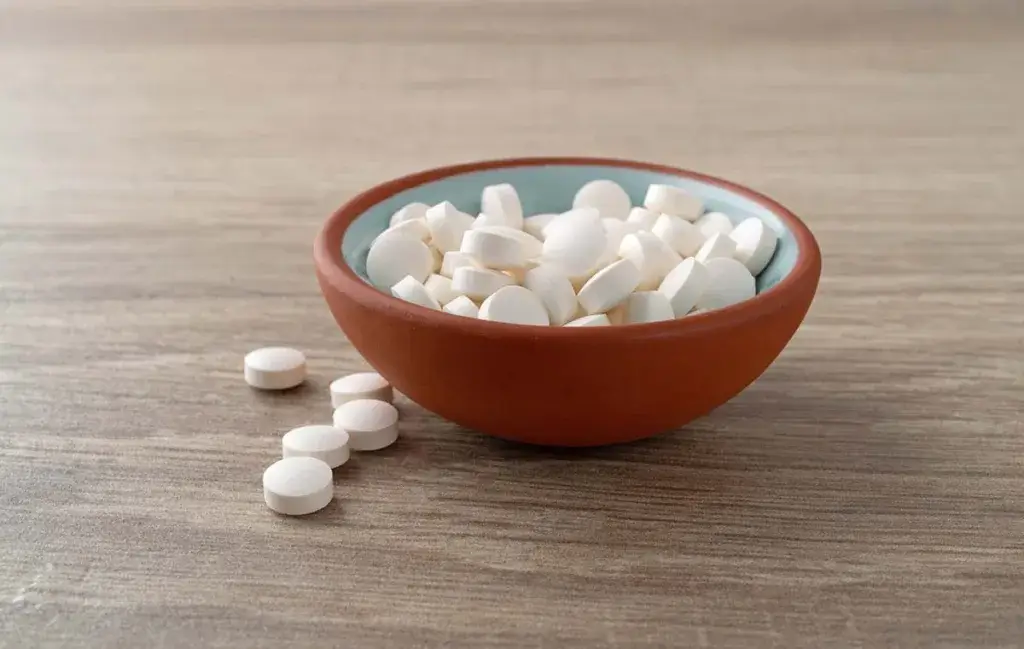Hello, I’m Dr. David LaMond, and today I want to talk to you about DHEA, an important hormone in your body that plays various roles in your overall health. Understanding DHEA can help you take better care of yourself, especially as you age.
What is DHEA?
DHEA, or dehydroepiandrosterone, is a hormone produced primarily by your adrenal glands, which sit on top of your kidneys. It’s also made in smaller amounts by your ovaries, testes, and even in your brain. DHEA is the most abundant steroid hormone in young adults and serves as a building block for other important hormones, including testosterone and estrogen.
The Role of DHEA in Your Body
DHEA helps produce sex hormones like estrogen and testosterone.
Bone Health
DHEA also helps maintain bone density, especially important for women over 70. Learn more about DHEA and bone health.
Skin Health
DHEA can improve skin hydration, thickness, and overall appearance.
Libido
It can enhance libido, particularly in older women.
Stress and Immunity
DHEA acts against stress hormones, potentially affecting conditions like obesity, diabetes, and immune responses.
Brain Health
It protects brain cells from damage and supports cognitive function.
How DHEA Levels Change Over Time
DHEA levels naturally increase around age 8 and peak between ages 20 and 30. However, they begin to decline in your 30s. By the time women reach their mid-70s, DHEA levels can be about 77% lower than they were in their 30s.
Symptoms of Low DHEA
If your DHEA levels are low, you might experience:
- Low libido
- Poor sleep, especially waking up frequently at 3-4 am
- Mood swings
- Inflammation (sometimes linked to conditions like psoriasis)
- Memory problems
- Vaginal dryness
- Poor bone density (osteoporosis or osteopenia)
Causes of Low DHEA Levels
Several factors can lead to decreased DHEA levels, including:
- Aging
- Adrenal insufficiency
- Adrenal failure
- Cushing’s syndrome
- Certain medications, like dexamethasone
- Acute stress or serious illness
- Conditions like anorexia nervosa
When to Check for High DHEA Levels
High DHEA levels might indicate issues like ovarian or adrenal tumors, especially if levels are above 700 mcg/dL in women or 1000 mcg/dL in men. Read more about high DHEA levels.
Optimal DHEA Levels
For optimal health, DHEA levels should be:
Supplementing DHEA
To maintain healthy DHEA levels, supplementation might be necessary:
- For Women: 5-10 mg per day
- For Men: 25 mg per day
Managing Side Effects
Sometimes, DHEA can convert to other hormones that may cause side effects like acne, scalp hair loss, and increased facial hair. If you experience these, you can:
- Lower your DHEA dose
- Add supplements like zinc citrate (25-50 mg/day) and saw palmetto (160-320 mg/day) to help manage these side effects.
Conclusion
Understanding and managing your DHEA levels can significantly impact your health and quality of life. If you have any symptoms or concerns related to DHEA, please don’t hesitate to reach out for a consultation at Blue Sky MD. As a hormone clinic with more than a decade of experience successfully treating thousands of patients with hormone replacement therapy, we understand the importance of a cusomtized approach to hormone health. Together, we can ensure your hormone levels support your best health.
In Health,
Dr. David LaMond

Dr. David LaMond, MD
Founder, Medical Director, Blue Sky MD
Dr. LaMond is a nutrition and prevention expert; who is a successful medical entrepreneur. Dave developed and operates numerous successful medical practices, along with a consulting company which helps physicians and medical practitioners operate successful independent practices. Drawing from his foundation and board certification in Family Medicine, he developed the innovative medical principles behind the Blue Sky MD concept of total patient care. Blue Sky MD has appeared on the INC 5000 list three times; as one of the 5000 fastest growing privately held companies in the US.
Dave has been a featured speaker for numerous medical conferences and has been a business and health consultant and has made several appearances on health television broadcasts. His written work has been featured in medical journals and other print media; with a focus on sports medicine, nutrition, wellness and non-invasive cosmetic procedures.
Additionally, Dr. LaMond has been a luminary, speaker and consultant for Crescent Health Solutions, Eleme Medical, Osyris, Suneva Medical and Candela Corporations, served as a clinical professor for Wake Forest University and is an expert in non-invasive and minimally invasive body contouring and cosmetic laser surgery.
Dr LaMond is passionate about the outdoors and has a love for mountain biking. He works as a nutritional coach and physician for professional cyclists, and enjoys training and riding along-side them. Dave has competed in high level mountain bike events regionally and nationally in masters level competition and has been on the podium at USA cycling National Championships.
FREQUENTLY ASKED QUESTIONS
Correcting DHEA imbalances can noticeably improve mood, enhance cognition, energy levels, libido, and support healthy bone density.
Technically, DHEA is an endogenous steroid hormone, meaning it’s naturally occurring in the human body.
Because it is hormone precursor, or a “building block” of sorts, DHEA can be used by the body to be converted to either estrogen or testosterone.



